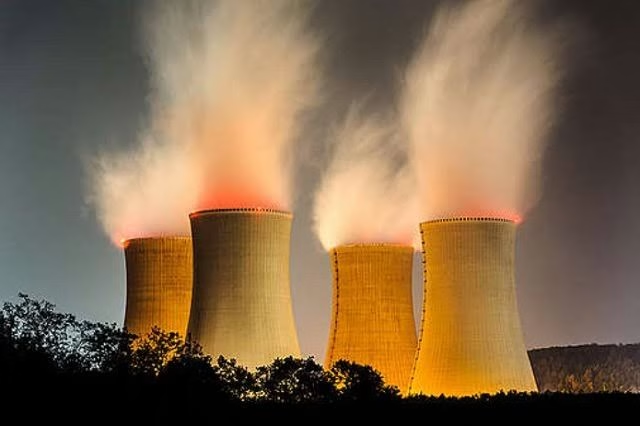Ethiopia has announced plans to include nuclear energy as part of a broader $30 billion national development strategy aimed at diversifying its power mix and driving industrial growth.
The Ethiopian government said the initiative, which will be implemented over the next decade, seeks to reduce reliance on hydropower and expand the country’s energy capacity to meet rising domestic demand and attract foreign investment. State media reported that discussions with international partners are already underway to explore financing and technical support.
The International Atomic Energy Agency (IAEA) has been providing Ethiopia with technical guidance on nuclear development. Bloomberg noted that Addis Ababa’s move reflects a broader trend among African nations, including Egypt and South Africa, which are turning to nuclear power to strengthen energy security.
Officials argue that nuclear energy will complement Ethiopia’s renewable portfolio, which currently leans heavily on hydropower from projects such as the Grand Ethiopian Renaissance Dam. Reuters highlighted that frequent droughts and climate variability have exposed vulnerabilities in the system, prompting the government to diversify into more stable energy sources.
Analysts say Ethiopia’s entry into nuclear power, while ambitious, will require robust regulatory frameworks, long-term financing, and regional cooperation to succeed. Financial Times observed that the plan signals Addis Ababa’s determination to position itself as an energy hub in East Africa, with nuclear energy expected to play a central role.

